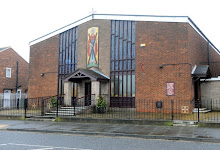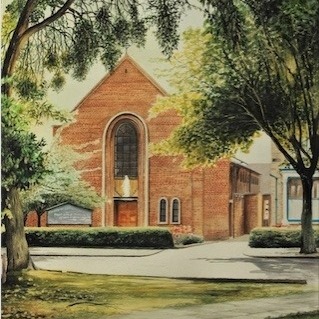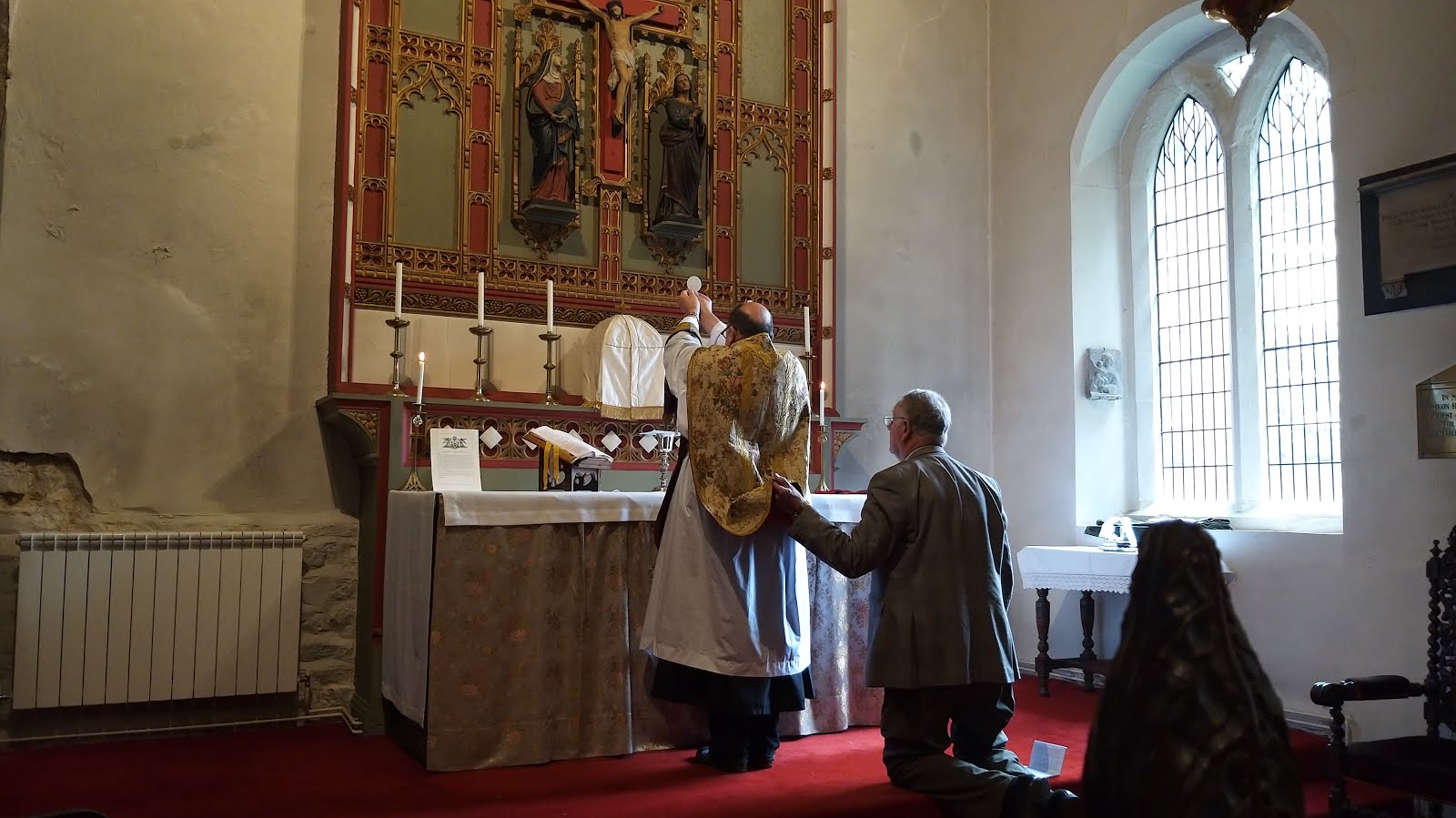The following statistics caught my eye. They are extracted from the 2011 census, and concern religious affiliation in Scotland. Comparison with the 2001 census has been added.
2001 2011 Difference Percent
Ch of Scotland 2,146,000 1,718,000 -428,000 -19.9%
R Catholic 804,000 841,000 +37,000 +4.6%
Other Christian 347,000 291,000 -56,000 -16.1%
Total Christian 3,297,000 2,850,000 -447,000 -13.6%
Other Religions 77,000 136,000 +59,000 +76.6%
No Religion
or not stated 1,688,000 2,309,000 +621,000 +36.7%
Total Population 5,062,000 5,295,000 +233,000 +4.6%
Expressed as a percentage of the population as a whole, we have the following figures:
2001 2011 Change
Church of Scotland 42% 32% -10%
R Catholic 16% 16% No change
Other Christian 7% 5% -2%
All Christians 65% 54% -11%
Other Religions 1.5% 2.6% +1.1%
No Religion
or not stated 34% 44% +10%
The proportion of the Scottish population that describe themselves as being Catholic has remained the same over the ten year period. That is about 16%. This is an increase of 37,000 individuals which proportionately exactly reflects the increase in the overall population.
By contrast, the proportion of the Scottish population that describe themselves as belonging to the Church od Scotland has declined by 10 percentage points, from 42% to 32%. In absolute terms, this is a reduction of 428,000 individuals, or about 20% of their membership. The decline in other Protestant denominations has been a little less marked at about 16%.
The figures look quite serious for the Church of Scotland, and marginally less so for other Protestant denominations in Scotland. Whilst Catholics should find nothing in the figures to get too excited about, they can at least be satisfied that they have held their place in Scottish society.
The other religions (Muslims, Hindus, Buddhists etc) have collectively shown a spectacular increase in terms of percentage, although they still only represent 2.6% of the total population, a relatively small proportion.
The biggest gainers are the nothingarians, or those who claim no religious affiliation. They now represent about 44% of the population - up from 33% ten years ago. This is an increase of 621,000 individuals.




r+-+small-1.jpg)
r.jpg)
r.jpg)







